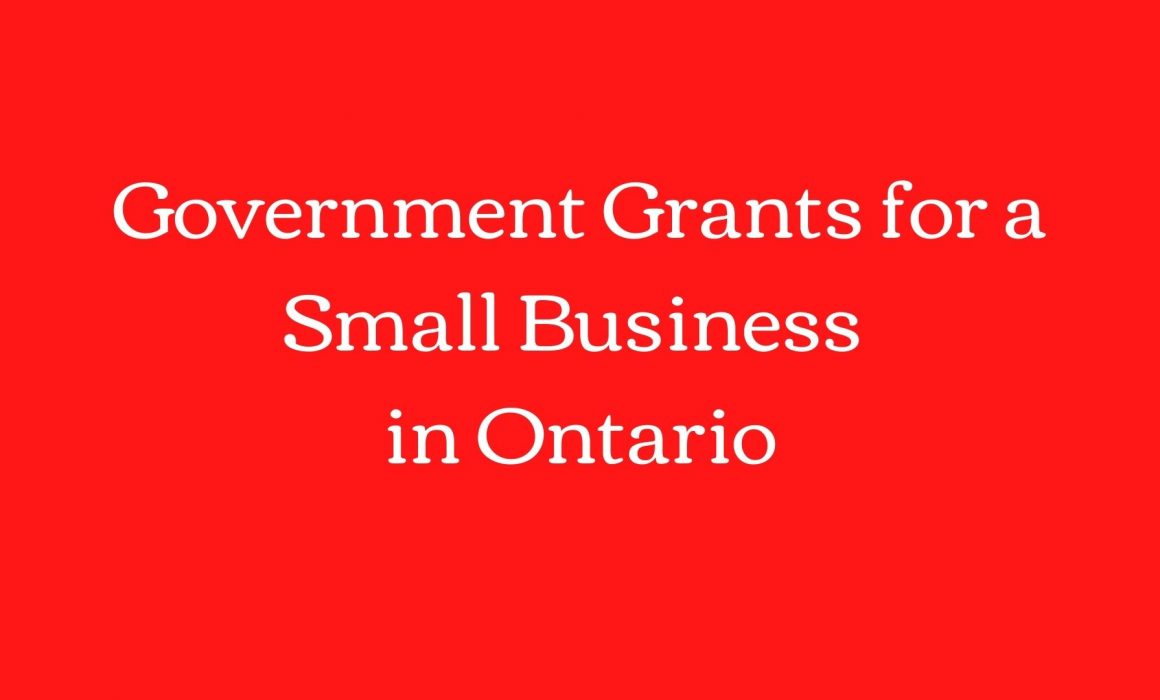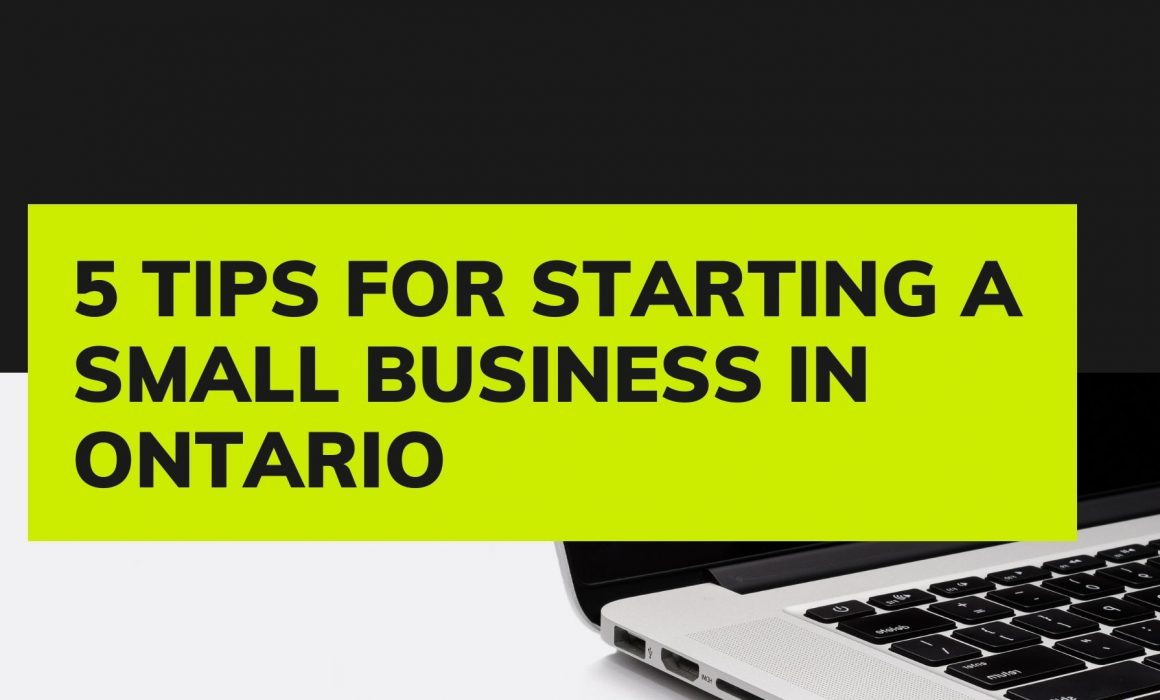Starting a business in Ontario, Canada is an exciting endeavor, but it often requires financial support to turn your dream into reality. Thankfully, the government of Ontario offers a range of loans specifically designed to help entrepreneurs get their businesses off the ground. In this article, we will explore the most common government loans available to companies in Ontario and provide valuable insights into each of them.
Take the first step towards success with our Small Business Startup Platform. Collaborate with our team of experts, utilize our powerful Business Plan Builder tool, and gain access to our Funding Database to secure government funding for your Ontario-based business.
Small Business Loans
– The Ontario Small Business Assistance Program offers loans to support the growth and development of small businesses in the province.
– These loans are available to businesses with fewer than 100 employees and can be used for various purposes, including purchasing equipment, inventory, and expanding operations.
– The loans typically range from $5,000 to $500,000, with interest rates and repayment terms varying based on the business’s specific needs.
Export Market Access Loan
– Ontario businesses looking to expand their customer base internationally can benefit from the Export Market Access loan.
– This loan assists businesses in covering eligible costs for export market development activities, such as trade shows, marketing initiatives, and export training.
– The loan can provide funding of up to 50% of the eligible costs, with a maximum loan amount of $50,000.
– It helps businesses increase their competitiveness in global markets and supports their efforts to explore new trade opportunities.
Eastern Ontario Development Fund
– The Eastern Ontario Development Fund supports businesses in the eastern region of the province by providing financial assistance for their growth and innovation initiatives.
– Eligible businesses can receive grants or loans to support projects related to job creation, regional economic development, and commercialization of innovative products/services.
– The funding ranges from a minimum of $150,000 up to $5 million, depending on the scale and impact of the project.
Northern Ontario Heritage Fund
– The Northern Ontario Heritage Fund is specifically designed to support economic development, business growth, and job creation in the northern part of the province.
– This fund grants and loans to businesses and organizations to promote competitiveness and innovation.
– Funding is available for various purposes, including infrastructure development, research and development, and business expansion.
– The amount of funding varies depending on the specific project and its potential impact on the region.
Canada Small Business Financing Program
– The Canada Small Business Financing Program (CSBFP) is a federal initiative that assists small businesses in obtaining loans to finance the purchase of equipment and other eligible assets.
– Administered through financial institutions in collaboration with the government of Canada, this program helps businesses access affordable financing, even if they have limited collateral or operating history.
– The maximum loan amount under the CSBFP is $1 million, and the funds can be used to purchase or improve assets, such as buildings, equipment, and leasehold improvements.
Agricultural Funding Programs
– For entrepreneurs in the agriculture sector, Ontario offers specialized funding programs to support farm businesses and promote agricultural innovation.
– Programs like the Canadian Agricultural Partnership provide grants, loans, and other financial incentives for projects related to farm productivity improvement, technological advancements, and market development.
– These funding programs aim to enhance the competitiveness of Ontario’s agriculture industry while fostering sustainable practices and supporting rural communities.
As an entrepreneur in Ontario, understanding the various government loans available to businesses is crucial to accessing the financial support you need. Whether you are a small business owner, an exporter, or operating in a specific region or industry, there are tailored loan programs to help you achieve your goals. By taking advantage of these government loans, you can propel your business toward success and contribute to the economic growth of Ontario.





